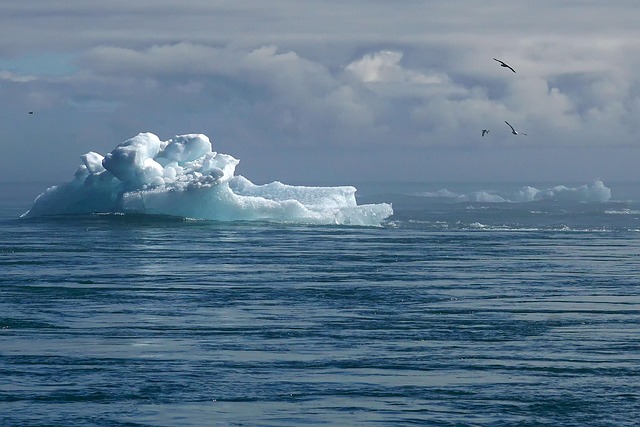The world is witnessing a monumental shift, one marked by escalating challenges that threaten the very fabric of our environment. Among these challenges, climate change stands as a formidable adversary, intricately linked to the severe phenomenon of desertification. As temperatures rise and weather patterns become increasingly erratic, the deserts of our planet are expanding, consuming fertile lands, and rendering them barren.
Desertification, a process characterized by the degradation of land in arid, semi-arid, and dry sub-humid areas, is a direct consequence of climate change and human activities. The UN Convention to Combat Desertification highlights that approximately 12 million hectares of land are lost each year due to desertification, impacting the lives of millions who depend on these lands for their livelihoods. Communities facing this reality often experience a devastating cycle of poverty, food insecurity, and displacement as their environments deteriorate.
Climate change accelerates desertification through rising temperatures, alterations in precipitation patterns, and the frequency of extreme weather events. Regions that were once agriculturally productive are now succumbing to severe drought, rendering them incapable of supporting crops or livestock. For farmers and indigenous communities who have nurtured the land for generations, watching their environment transform into arid wasteland is not just an environmental issue but a personal tragedy.
Furthermore, desertification creates a ripple effect, exacerbating global challenges such as migration and conflict over scarce resources. As people are forced to leave their homes in search of more hospitable environments, cities and countries face increased pressure, leading to tensions and instability. The earth’s delicate ecosystems are also under threat, with biodiversity loss exacerbated by the harsh conditions of expanding deserts.
A critical aspect of combating the desertification crisis is understanding the intersection of climate change and land degradation. Mitigating climate change through sustainable practices, reforestation, and the use of innovative agricultural techniques can restore degraded lands and improve the resilience of local communities. It’s not just a call to action for policymakers; it’s a challenge for all of us as individuals to adopt environmentally friendly practices and advocate for sustainability.
Engaging in local initiatives that promote reforestation, conservation of water resources, and sustainable land management is essential in addressing these related issues. Every small effort counts—from planting trees to reducing our carbon footprints. Educating ourselves on the impacts of climate change and sharing that knowledge with others empowers communities to come together for a common cause. The fight against desertification is a fight for our environment and ultimately, for our future.
As we reflect on the vast implications of climate change, it becomes evident that our time to act is now. Our collective actions today can prevent further desertification and safeguard our planet for generations to come. Let us rally together to restore the balance, ensuring that our earth remains vibrant and inhabitable for everyone.



